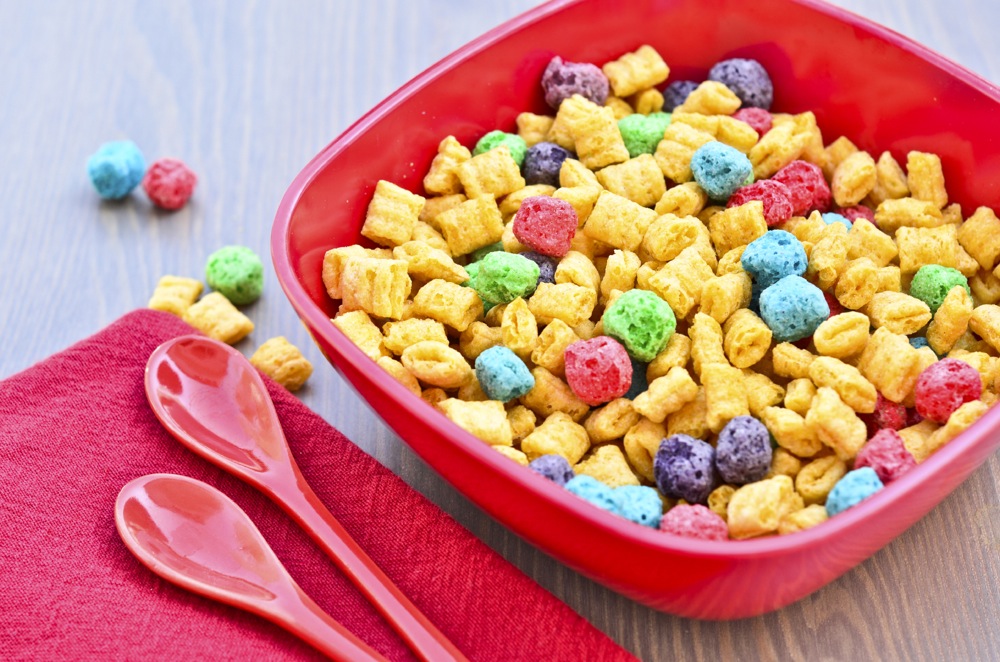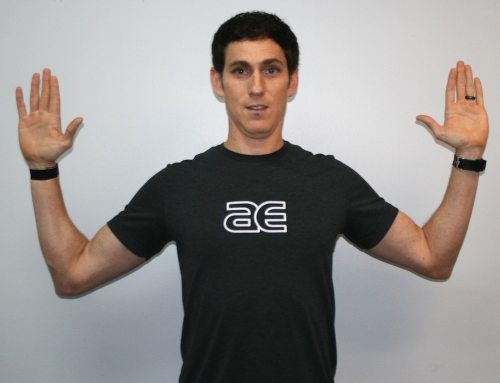
By Angelina Stevens
Silky cream-cheese carrot cake, decadent sea-salt caramel gelato … the mere thought of sugar has my salivary glands working. We are biologically programmed to like sweets, our brains and bodies would agree. With sugar added to almost all processed foods, we are becoming desensitized to the taste of sweet and need more to satisfy our sweet tooth. Hence, the sugar addict is born. Sugar stimulates neurotransmitter and hormone production that creates dependency. We desire it for energy, emotional comfort, brain function and athletic performance, which can keep this craving cycle in perpetual motion.
Sugar not only is bad for our teeth and our waistlines, it slowly attacks organs and systems and can lead to a variety of debilitating health issues, such as diabetes, anxiety, headaches, inflammation, ADD/ADHD, adrenal stress, depression, chronic fatigue, candida overgrowth, hypoglycemia, adrenal fatigue, immune system disorders, arthritis, nutritional deficiencies and many more. When sugar is ingested, insulin is secreted from the pancreas, to shuttle the sugar from the bloodstream into the cells for energy production or storage. The issues with artificial sweeteners lie in their controversial toxicity and the resulting insulin secretion as the brain and body expect that sugar has hit the bloodstream. The result is a hypoglycemic reaction, where you now crave more sugar to balance the blood sugar and restore energy to the cells.
So how do we get the sugar monkey off of our back? First, drink lots of pure water and eat a balanced, nutrient-rich, plant-based diet. Cravings are often a result of nutritional deficiencies and dehydration. Excess sugar strips the body of B-vitamins and pancreatic enzymes that are important for catalyzing all reactions in the body and producing energy. Often a dietary protein or fat deficiency can cause carbohydrate or sugar binges, so eating a handful of nuts or a protein snack every few hours can help.
Second, avoid the sugar triggers. Stress, meal-skipping, too much caffeine and not fueling properly while training can lead to a sugar binge. Some people can handle simple sugars while training and racing with no problems. Others perform better with a balance of complex carbs and a small amount of fat. Personally, I utilize lean proteins and healthy fats prior to racing and training, then shift to low glycemic carbs immediately before and during activity.
Last, to banish the sugar monster for good, ask for help. Certain nutrients, like enzymes, chromium, inositol and coconut oil, can help curb sugar cravings. One of my favorite herbs, gymnema, helps re-sensitize your body to insulin and blocks your tongue receptors to the sensation of sweet: When sugar is eaten, it doesn’t taste sweet. Acupuncture, energy medicine and homeopathy can be very helpful in breaking the addictive cycle by reducing stress and reprogramming the brain and body. The post-meal sugar attack may mean that not enough good calories were taken in earlier in the day, or it could point to a lack of emotional love or support in one’s life.
Now, this doesn’t mean we can’t have the occasional indulgence, or enjoy cake on our birthdays, but rather we have an opportunity to assume responsibility for our actions and weaknesses. When we are 100 percent responsible for ourselves, we become empowered to change, even our most difficult habits.
# # #
Dr. Angelina V. Stevens, D.C., owns holistic chiropractic and acupuncture centers in Durham and Chapel Hill. She is passionate about healing the body naturally without the use of drugs or surgery and by finding the true causes of pain and illness. As a triathlete, Dr. Angelina has completed in world-class events and has represented the U.S. as a triathlete on Team USA 2001. She currently competes as an elite cyclo-cross racer and can be reached at www.stevenswellness.com or e-mail at drangelina@stevenswellness.com.






